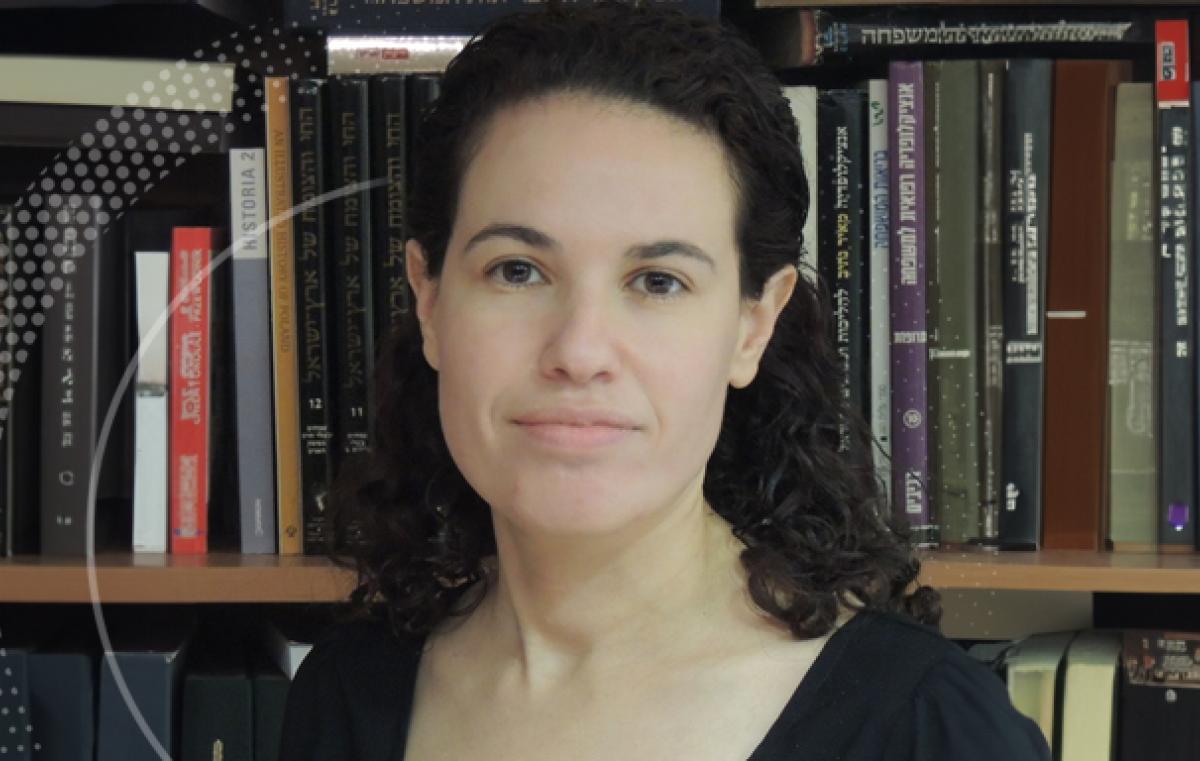Prof. Ilanit Gordon receives ERC Consolidator Grant
Prof. Ilanit Gordon of the BIU Department of Psychology receives €2 million grant for facilitating the study of social interactions in groups

Congratulations to Prof. Ilanit Gordon of the Bar-Ilan Department of Psychology and the Gonda Multidisciplinary Brain Research Center, on receiving a prestigious €2 million Consolidator Grant from the EU's European Research Council (ERC). The ERC Consolidator Grants are awarded to outstanding researchers with a scientific track record showing great promise.
Prof. Gordon, heads the Social Neuroscience Lab, which focuses on the neuro-physiological basis of social interactions. The lab utilizes automated tools to assess naturalistic social interactions, together with brain imaging, measures of the autonomic nervous system, eye-tracking and motion tracking.
Group interactions are a central building block in modern society. Interactions between members of a group are important to understand because group discourse and actions affect individuals' wellbeing and social functioning. To date, a comprehensive understanding of the processes underlying successful group functioning remains elusive.
Prof. Gordon's ERC-funded Groups project will address this gap by focusing on the multimodal synchrony - neural, physiological, and behavioural patterns between group members. Interpersonal synchrony is a key mechanism in social interactions that pulls us to clap in unison with the crowd or to join others in protesting for a just cause. Contextual factors and individual differences modulate multimodal synchrony by prompting us to connect with, or separate from, the group. Multimodal synchrony, in turn, enhances or reduces relational (cohesion, trust, rapport, identification) and goal-oriented (performance, efficacy, creativity) outcomes.
The project’s objectives are to examine whether and how multimodal synchrony affects group outcomes on the individual, dyadic, and group level; how individuals’ traits (demographic, psychological, physiological) impact multimodal synchrony and its outcomes in groups; and how competitive versus cooperative interpersonal contexts impact multimodal synchrony and its effects on groups.
Realizing these objectives with the support of the ERC Consolidator Grant will advance the science of human groups and may contribute to a more inclusive and productive society.